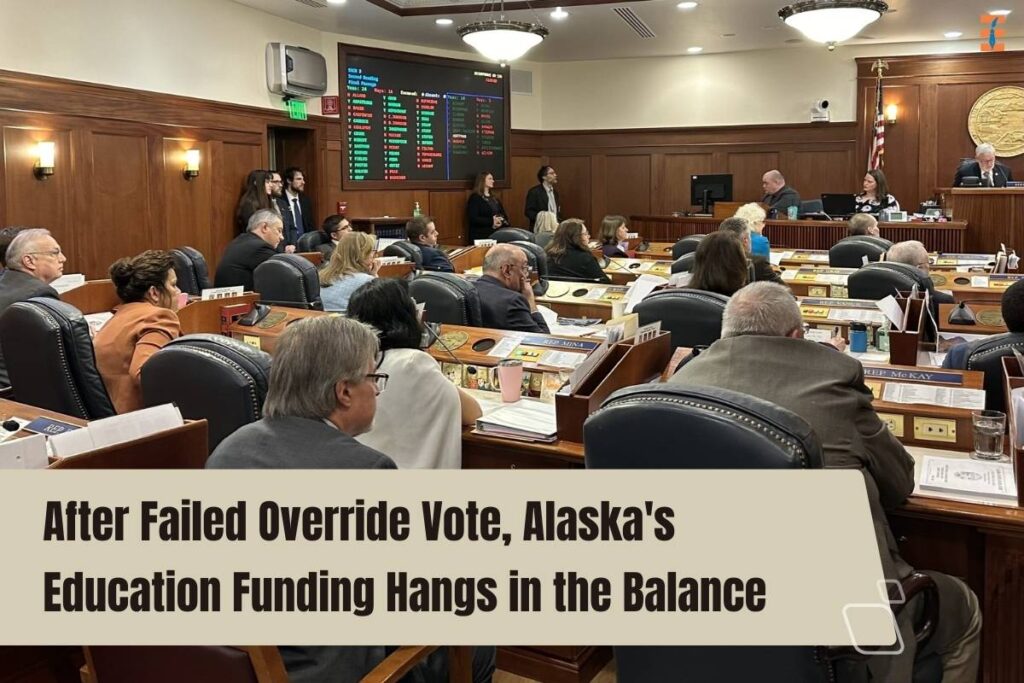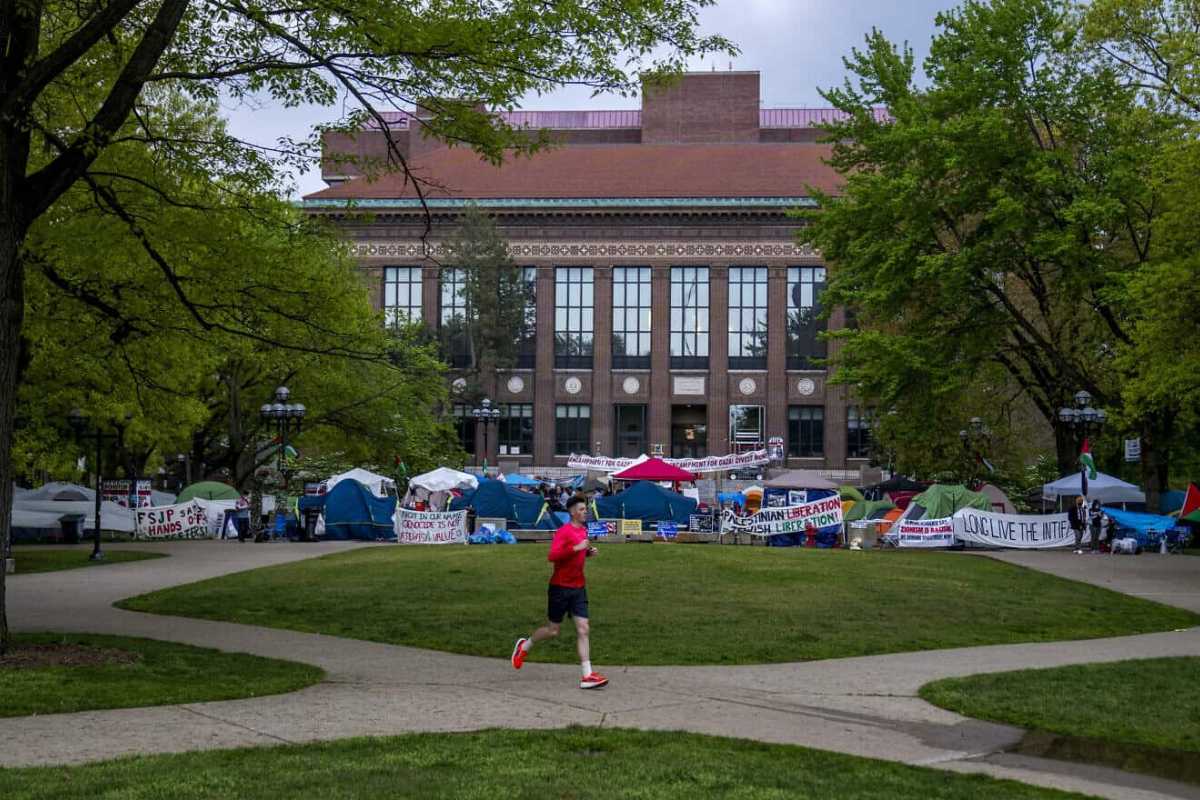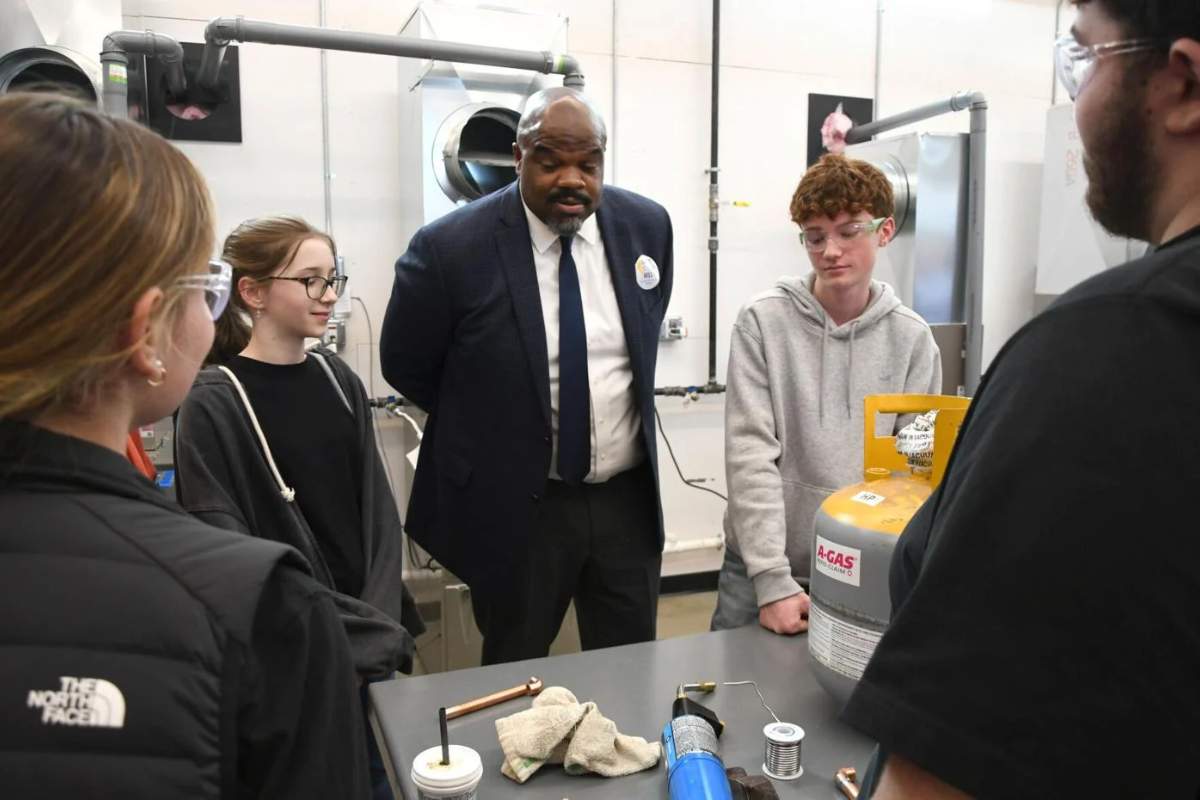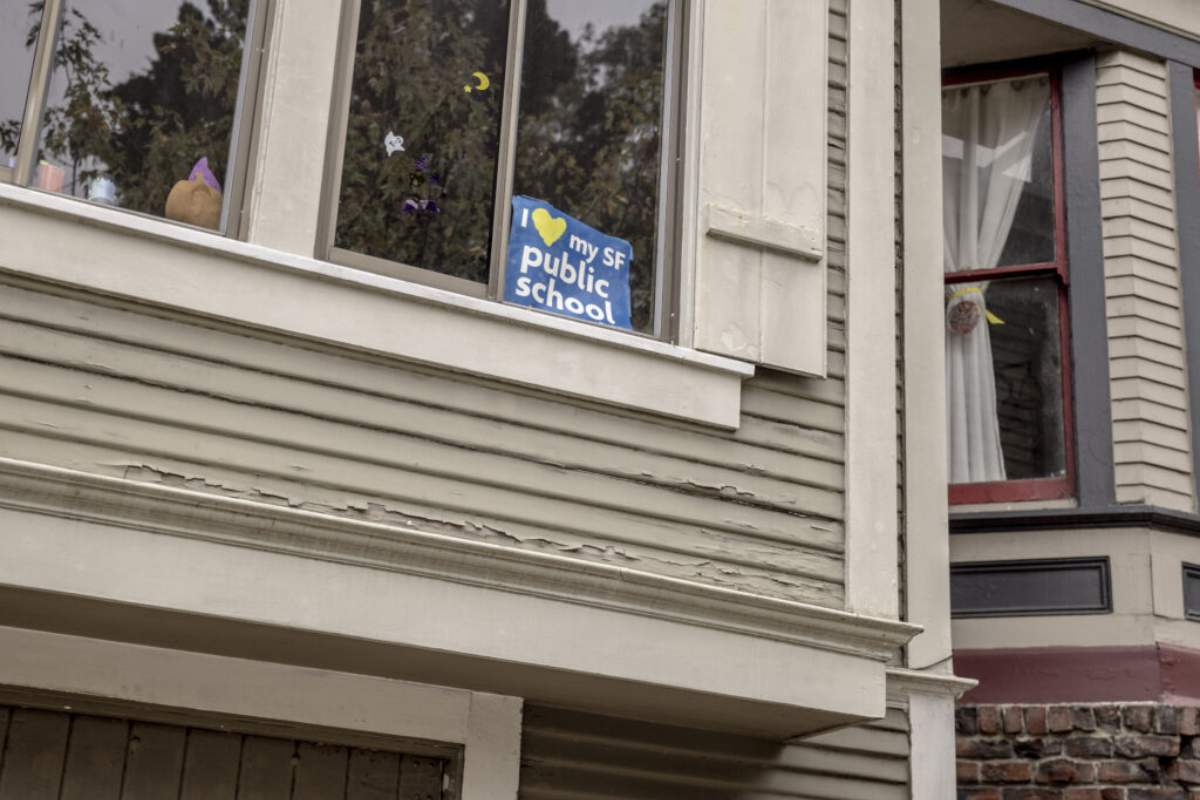Source – Alaska Public Media
Alaska’s public schools are caught in a political limbo as lawmakers grapple with the aftermath of falling just one vote short of overriding Governor Mike Dunleavy’s veto of a funding boost and reform package. With the state’s education funding now uncertain, the Republican-led House majority and the bipartisan supermajority in the Senate are at odds over the next steps in the ongoing battle for education funding.
In an exclusive interview with Alaska News Nightly host Wesley Early, state government reporter Eric Stone shed light on the current state of affairs and the looming questions surrounding Alaska’s education system.
Addressing the prospect of lawmakers shifting focus to other issues following the failed override vote, Stone clarified that discussions regarding energy proposals are indeed underway. However, House Speaker Cathy Tilton reassured that education remains a priority, citing approximately two dozen pending education bills. Among these bills, House Bill 392, proposed by House Resources chair Rep. Tom McKay, has emerged as a focal point. McKay emphasized that the bill offers an alternative solution to the vetoed funding package, incorporating the governor’s proposal for teacher bonuses alongside education spending reforms.
Charter Schools and Bonuses Fuel House-Senate Discord in Alaska
Meanwhile, tensions between the House and Senate continue to mount, particularly concerning the authorization of charter schools and the allocation of teacher bonuses. Senate President Gary Stevens emphasized the Senate’s commitment to finding a resolution but emphasized the responsibility of the House to propose meaningful legislation in light of the failed override attempt.
However, the path to compromise appears fraught with challenges. Senator Bill Wielechowski, the Senate’s lead negotiator, expressed skepticism regarding the potential for consensus, particularly regarding charter school authorization. Wielechowski underscored the Senate’s staunch opposition to measures that could compel school districts to fund and operate charter schools against their wishes.
Uncertainty Looms Over Alaska’s Education Funding
Additionally, concerns persist regarding the proposed teacher bonus program, with questions raised about its efficacy and financial feasibility. Despite some dissenting voices, such as Senator Shelley Hughes, who suggested potential compromises on charter school authorization and bonus structure, the overarching lack of consensus suggests a rocky road ahead for Alaska’s education funding.
As Alaska’s education funding hangs in the balance, the stakes remain high for students, educators, and policymakers alike. With divergent perspectives and entrenched positions, the prospects for a swift resolution appear dim. As the debate rages on, the future of Alaska’s education system remains uncertain, leaving many to wonder when, and if, a compromise will be reached.
Also Read: Governor Dunleavy’s Veto Shocks Alaska’s Education Sector










